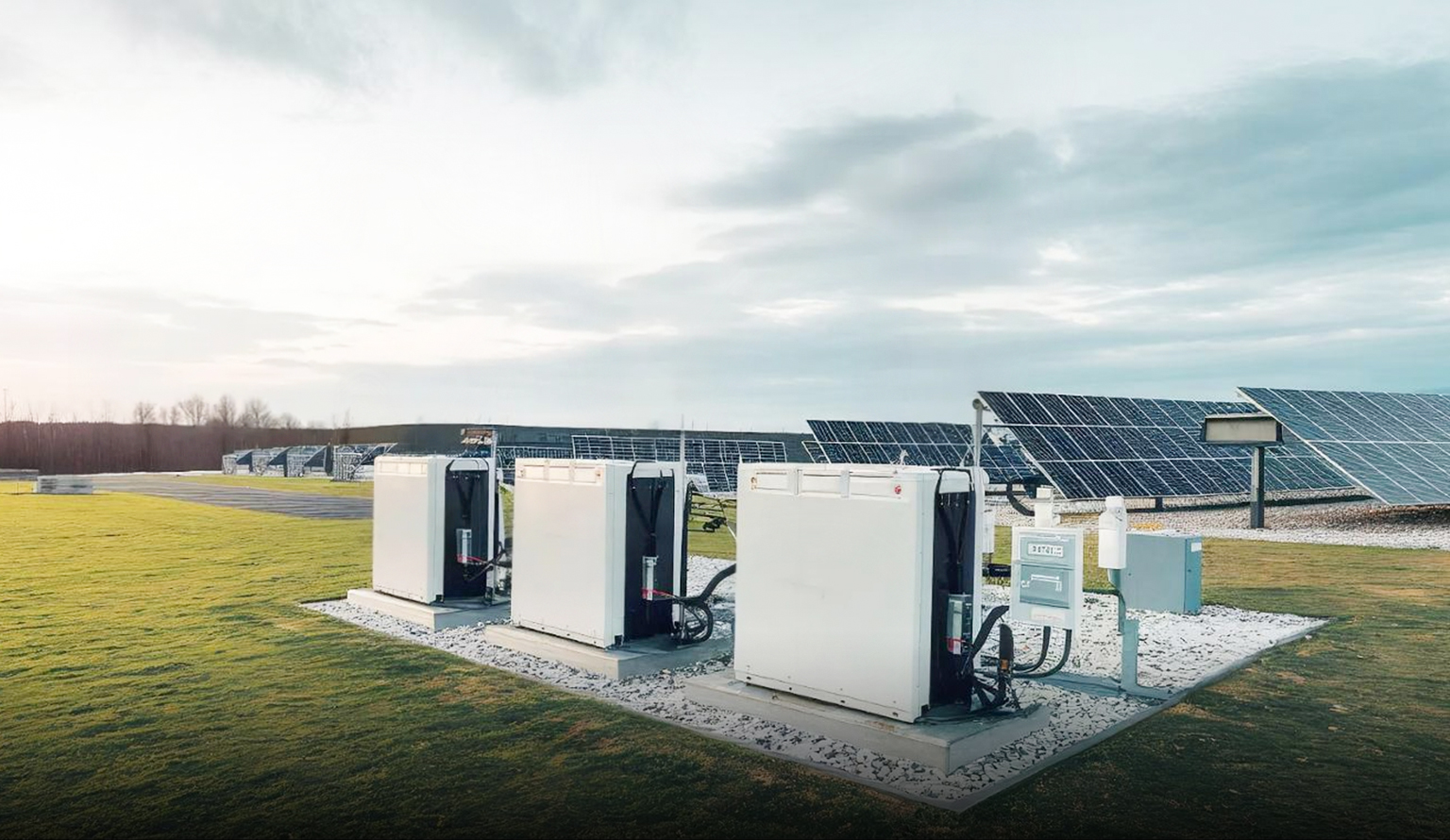India’s push towards renewable energy has unlocked significant potential for industrial applications, especially with innovations such as solar microgrids, Battery Energy Storage Systems (BESS), and hybrid energy systems. With the country striving to meet its renewable energy goals of 500 GW by 2030, these technologies offer economic, operational, and environmental advantages that are impossible to ignore.
Globally, the renewable energy market is expected to grow to $2 trillion by 2030. In India, this growth is underscored by initiatives, such as the Viability Gap Funding scheme for battery energy storage, which has allocated INR 3,760 crore to promote adoption of energy storage solutions. These advancements are necessary for overcoming challenges associated with the intermittency of renewable energy sources like solar and wind.
Solar Microgrids for Industrial Operations
Solar microgrids are decentralised energy systems that integrate renewable energy sources, storage, and local loads. They are particularly effective in industrial settings due to their ability to provide reliable power, reduce grid dependency, and minimise downtime. Here are the key benefits of microgrids:
- Cost Savings: By generating and storing energy locally, businesses can reduce electricity bills and offset peak demand charges.
- Resilience: Solar microgrids ensure uninterrupted power during outages, which is important for industries reliant on continuous operations.
- Environmental Impact: They significantly lower carbon emissions, aligning with global sustainability goals.
For industries in India, where energy expenses are a significant operational cost, these savings are transformative.
Advantages of Battery Energy Storage Systems (BESS) for Industrial Applications
BESS are essential components of renewable energy systems, particularly in hybrid setups that combine solar, wind, and traditional energy sources. These systems store excess energy generated during off-peak periods and supply it when demand peaks, ensuring consistent power availability. Here are the economic and operational benefits of BESS:
- Peak Load Management: Industries can use stored energy during high-demand periods, reducing reliance on costly grid electricity.
- Energy Arbitrage: By storing energy when prices are low and using it during price surges, BESS enhances cost efficiency.
- Enhanced Grid Stability: BESS smoothens fluctuations in power supply, ensuring a steady energy flow.
India’s battery energy storage market is projected to grow at a CAGR of 11.2% from 2025 to 2030, driven by policies like the Production Linked Incentive (PLI) scheme. Such policies are designed to make the adoption of BESS financially viable for industrial players.
Hybrid Energy Systems: A Synergistic Approach for Industrial Application
Hybrid energy systems combine renewable sources like solar and wind with BESS and diesel generators, creating a versatile and reliable power solution. For industries operating in remote or energy-scarce regions, hybrid systems offer unmatched efficiency and cost-effectiveness. These are the advantages of hybrid energy systems:
- Reduced Dependency on Fossil Fuels: By integrating renewables with traditional sources, hybrid systems cut fuel costs and emissions.
- Optimised Energy Use: These systems balance supply and demand dynamically, ensuring no energy goes to waste.
- Scalability: Industries can scale hybrid systems based on their energy requirements, making them a future-proof solution.
The Road Ahead for India’s Renewable Energy Sector?
The government’s aggressive targets, coupled with technological advancements, make India a global leader in renewable energy adoption. Initiatives such as solar microgrids, BESS, and hybrid systems are not just reducing energy costs but also supporting industries in achieving sustainability objectives.
However, challenges remain. High initial costs and a lack of awareness about these technologies are barriers to widespread adoption. Industry leaders and policymakers must collaborate to address these issues through subsidies, public-private partnerships, and educational campaigns.
How is Jakson Group Revolutionising Industries with Renewable Energy Solutions?
Jakson Group is revolutionising industrial energy solutions in India through innovative offerings in renewable energy, battery storage, and hybrid systems. With our state-of-the-art manufacturing facilities, we produce 1.2 GW of solar modules and are expanding capacity to 2,500 MW. The battery energy storage systems at our advanced plants support diverse industrial needs, providing peak load management, energy arbitrage, and power backup.
Our solar projects, like the 552 MWp plant in Rajasthan, showcase our expertise in solar EPC solutions. Hybrid systems integrating solar PV with battery storage and green hydrogen further enhance energy efficiency. Through continuous innovation, such as its ambitious 8 GW IPP development plan by 2030, we are striving towards advancing India’s renewable energy targets and setting a benchmark for industrial energy transformation globally.
We believe that the integration of solar microgrids, BESS, and hybrid energy systems will continue to revolutionise industrial operations in India. By embracing these solutions, Indian industries can achieve energy efficiency, cost savings, and environmental sustainability.









